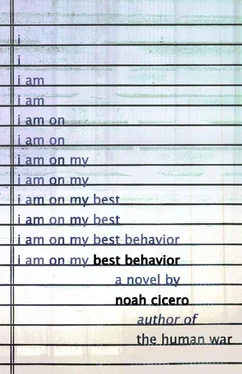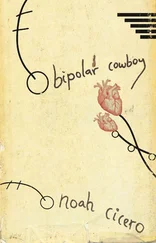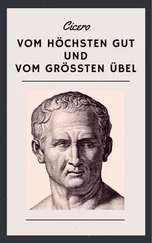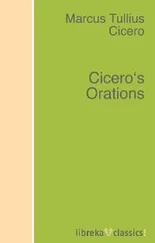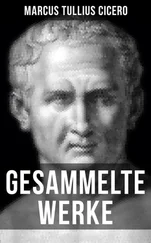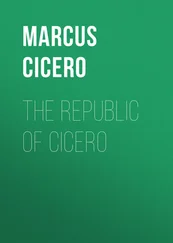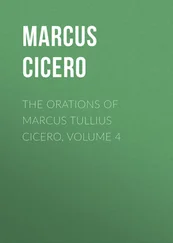Petra's cell phone rang, she picked it up and looked at the number and said, “It's John Walters. It's for you.” She handed me the phone.
I pressed down on the little rubber bottom and said, “Hello, John.”
“Benny.”
“Yes.”
“The shoot is tonight at Hu's apartment in Bushwick.”
“How long is it?”
“Three hours.”
“That's a long time,” I said.
“It's only fucking three hours. You can do it.”
“I don't know if I can do anything,” I said.
“I'm sure you'll survive.”
“Okay, what time is it?”
“6 p.m.”
“Okay.”
“We have to do an interview after. There's going to be two people with cameras, and then we are supposed to meet someone after to do the interview.”
“Okay, that sounds good.”
“All right, can you handle that?”
“I can handle it.”
“Let me talk to Petra for a minute.”
I handed the cell phone to Petra.
John Walters was a young man, around 19 or 20 from Philadelphia. He was of working class background too. He had spent his high school years reading Lydia Davis and Lorrie Moore and I assume feeling terrible in his bedroom. He had a lot of emotion and a complete disdain for anything serious. He worked as a dog walker and a personal assistant to a woman from Kansas who had a trust fund. The woman from Kansas did nothing all day but write silly articles for lame magazines and talk out her ass. He would get her coffee and sushi for a high price. The woman acted like it was a privilege to serve her. John Walters didn't go to college. He didn't go because nothing really mattered to him. Suicide seemed for him so imminent; no one even suggested that he attend. Everyone was waiting for him to kill himself. He wore outfits from the thrift store. The outfits were all appalling. He was overall a very appalling individual. On his blog there were many photos of Fran Drescher looking sexy. Unintelligent vulgar people assume movies with cannibals eating people, or adults having sex with minors, were shocking. But John Walters knew what shocking really was, it was things like Fran Drescher. That American society had allowed people like her and Tom Cruise to ever become famous for they wouldn't have become famous, major influences, on our society if there wasn't something heinous about the culture itself. He enjoyed showing people how truly sick they were. How they worshiped the sexiness of Fran Drescher. The question that John Walters posed to everyone he met was, “Why do anything if the apex of human development is Fran Drescher?” There was something godless and conquering about John Walters. He was not going to sit with you and quietly discuss the Supreme Court decisions leading up to Roe v. Wade or Talcott Parsons but he would make an impression. He was the living embodiment of America. His family had been for years and they were real Americans. Hu Chin was a first generation immigrant, I was a third, Petra was a first, but John Walter's history goes deep into the history of America. His family had come over in the 1700s. They were Protestants from England. His ancestors had fought in the Revolutionary War, the War of 1812; they fought the Indians. They fought in the Civil War, World War 1 and 2 and lived through The Great Depression. He was a product of 300 years of American sociology. He was loud and conquering.
Petra and I screwed all that day. We went to Rockefeller Center and looked at the ice skaters. It cost too much to ice skate so we just took pictures. We went to a bakery and the post office. We made jokes, laughed and touched each other. We didn't grope. We were too professional and well-ordered for public displays of affection.
Night came and snow started to fall on New York City. It was pretty. I liked coming out of the subway into Brooklyn to see snow falling. New York City was always better in the winter. Everyone had their nice coats and hats on. People had expensive gloves on. Everyone looked normal and okay. In the summer New York City looks like hell. There is something horrible about seeing a lot of rich people sweat.
We got to Hu Chin's apartment in Bushwick. His apartment was above a jewelry shop. Petra and I couldn't find the door. We went in the shop and asked the old man at the counter where the door was. He said go outside and turn left. We did. The door was there. We buzzed and were let in.
The hallway was ugly and had bad lighting. We went upstairs to his door. Hu Chin opened the door and let us in. Hu Chin was short and frail. He was only 5 and half feet tall and weighed less than 130 pounds. He smiled and went back to organizing the photo shoot. Hu Chin was a first generation immigrant from Taiwan. He was very much a product of the Asian work ethic. He worked endlessly on his writing and on promoting himself. He had no close friends and no lovers. He got up every day and worked. He had no religion. There was no supernatural reality for him. Life was very concrete for Hu. He was a mixture of Confucius and Buddha. The Confucius was all about work, morals, and duty. The Buddhist part was seeing that everything would pass and there was no reason to cling to anything too strongly. Work was the only thing that held him together. Women would pass, his parents moved back to Taiwan, everything eventually left, but the work. Even the books passed. One book was finished and he was on to another one. The work kept him alive; even if everything left, he would still have his work. He liked the Protestant philosophers Kant and Schopenhauer, their views on duties, imperatives, suffering and music. Hu Chin believed firmly in self-control and rational action. His life was well ordered, organized, and perfected. There was little freedom in his everyday life; when spending time with him, one could tell he was thinking three moves ahead. There was none of that American spontaneity and the spirit of the old blues man about him. He didn't smoke, drink much, or have sex with women after his readings. But when he wrote freedom came. His stories and poems were always fucked up and completely out of tune with his Confucius/German Philosopher way of life he was leading in public. His stories were always strange — featuring talking animals and humiliating experiences — but one could still see that work ethic. The stories were always well-ordered, perfected, pondered over intensely. He would sit in front of the computer and dwell over the sentences, making sure they conveyed exactly what he wanted them to. There was no joking around when it came to him building a sentence. It was deadly serious. He enjoyed the freedom of controlling the sentences. A person could never fully control their public life. We are always subject to the contingencies of others and nature. But when writing poetry or fiction, a person may assume the role of boss and dictator over the story and style. There is freedom in literature. In science and engineering, one has to get to a certain fact that society wants. Society wants a car that runs on less gas; the engineers must design that car, society wants a pill that makes their dicks hard. The scientist must get to that certain fact. Society does not demand certain facts from its story tellers. The story tellers still remain free to make their stories. Hu Chin's behaviors could have been conducive to science, but he didn't want to seek certain facts. But there is something of the doctor and scientist in the writer. Fans are more than just people out there buying units; they are patients coming to you for therapy. A writer knows this because he or she has gone to many writers and asked for therapy before they ever started writing. Romance writers know the people who buy their books are those who lack good sex lives and are coming to get mental escape, horror novelists know that their readers are scared of real things, be it bills or losing their jobs, and have come to get escape. Writers of literature, if they are real writers, know that their readers are confused about reality and the emotions derived from that reality and are looking for clarity concerning the life that they are engulfed in.
Читать дальше
